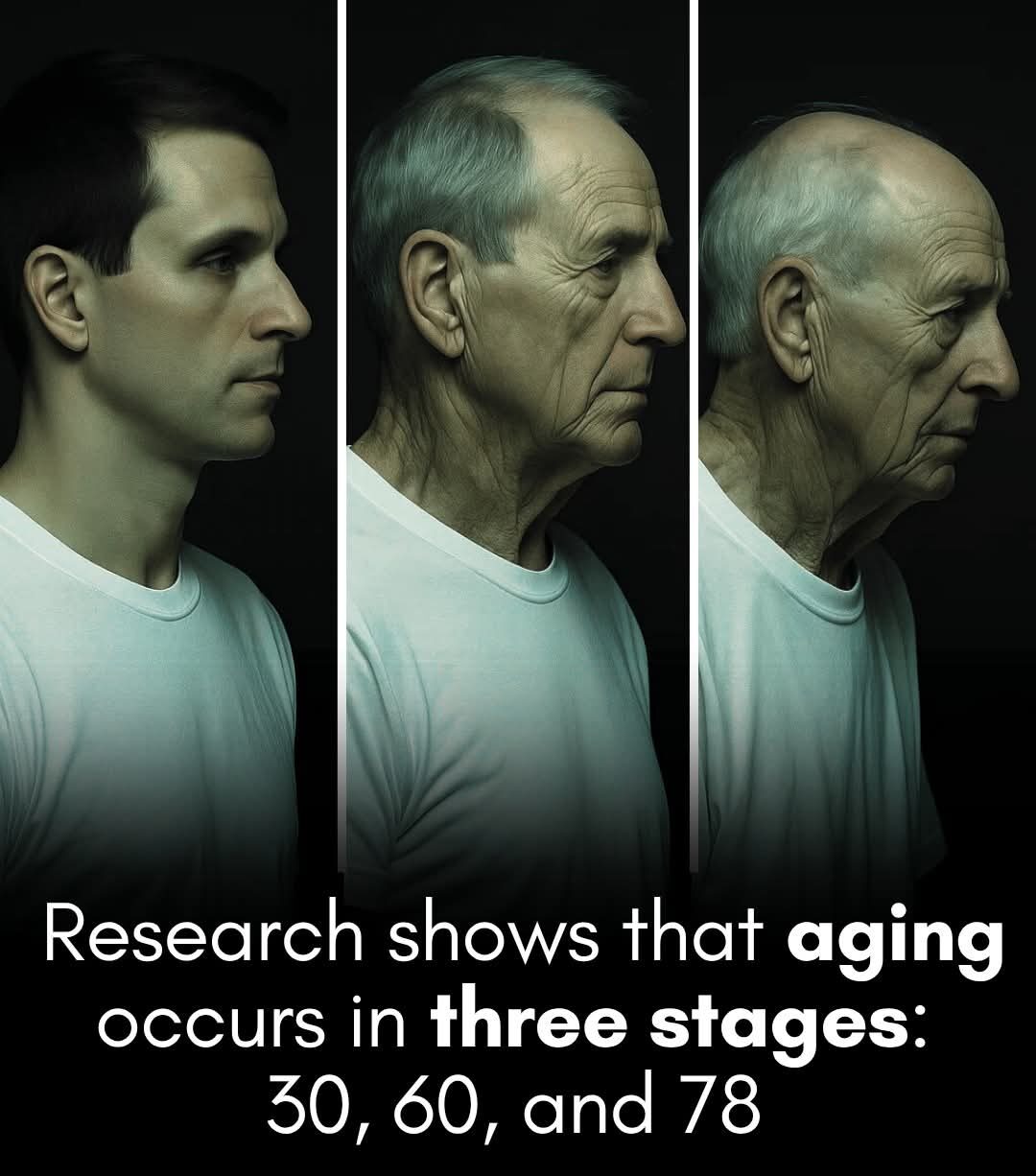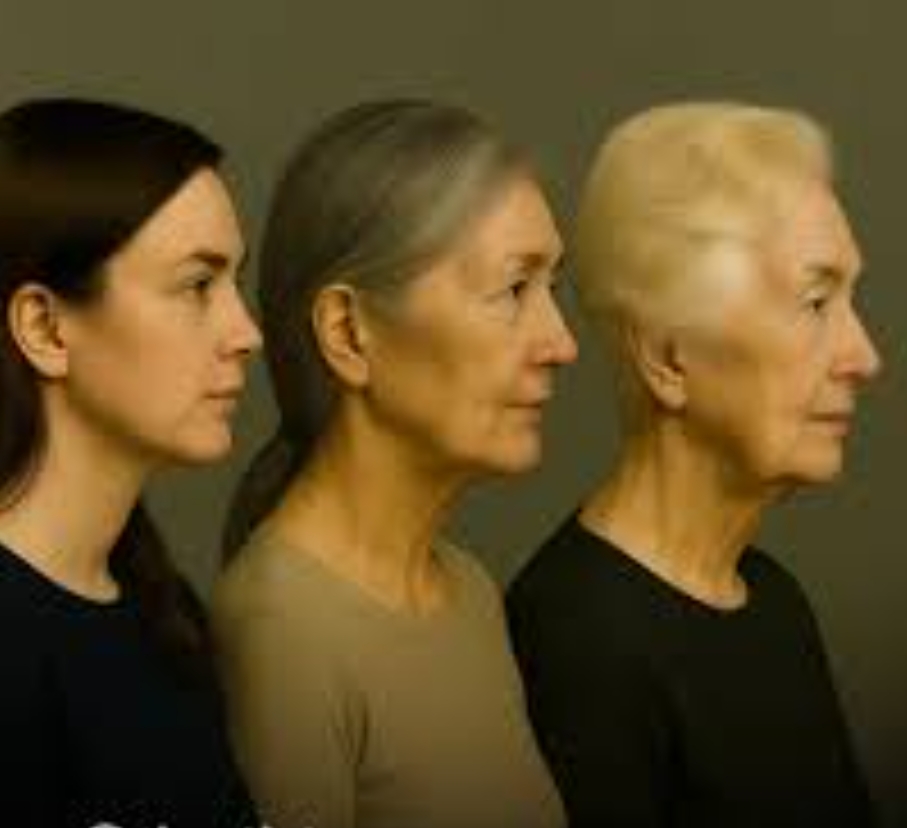Aging isn’t always a slow and steady process. New scientific research has revealed that your body undergoes sudden bursts of accelerated aging at three distinct phases of life — and the findings might surprise you.
A groundbreaking study published in Nature Medicine shows that your biological age doesn’t rise at a constant pace. Instead, your body undergoes sharp aging spurts around the ages of 34, 60, and 78.
The Science Behind Aging Spurts
Researchers studied blood plasma proteins from nearly 5,000 individuals aged 18 to 95. They discovered that certain proteins related to aging spike in intensity at these three ages, creating what experts are now calling “aging jumps.”
These changes in proteins — especially those involved in immune response, heart health, and cognitive function — seem to trigger a rapid decline in biological resilience. In simple terms: your body starts aging faster, all of a sudden, rather than gradually.
Why These Ages Matter
At 34, the first noticeable shift occurs. While you may feel energetic and healthy, your cellular and metabolic functions begin to slow.
At 60, the body’s ability to repair itself takes a significant hit. Chronic health issues often emerge at this stage.
By 78,the final aging wave strikes, accelerating physical and cognitive decline even more steeply.

These milestones provide a golden opportunity for early intervention. Lifestyle changes like regular exercise, healthy diet, quality sleep, and stress management could delay or soften these aging spikes.
What This Means for You
This study is a wake-up call: aging isn’t linear. Understanding these biological age surges can help people take proactive steps to improve longevity and quality of life.
So whether you’re 30 or 70, now is the best time to invest in your health — before your next biological clock “jump.”


